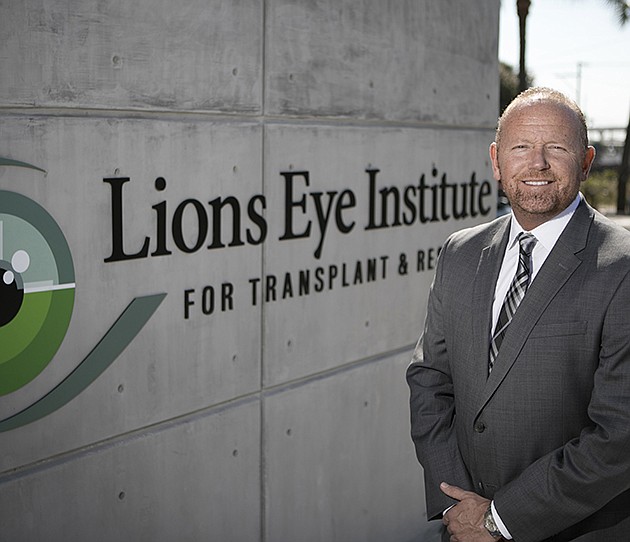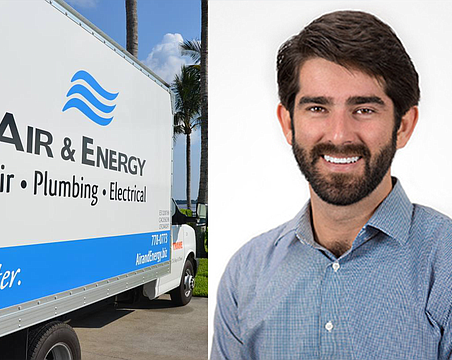Jason Woody, head of a Tampa nonprofit specializing in cornea transplants, has worked hard in recent years to get a foothold in Cuba.
But President Trump's pledge to roll back ties with the communist nation has left Woody uncertain of his next steps. While President Obama opened business opportunities to an extent, the U.S. has kept a ban on doing business with the Cuban government. The U.S. does waive the prohibition on a case-by-case basis in which the business shows its dealings with the government will benefit the Cuban people.
Woody, CEO of Tampa's Lions Eye Institute for Transplant and Research, wants to build on last year's visit to Tampa by a group of Cuban eye surgeons who performed successful cornea transplants at the institute — a visit took that years to achieve.
In 10 years of making trips to Cuba, Woody has noticed an evolution of Cuban-owned hotels, restaurants and shops from shoddy services and products to quality comparable to that found in Tampa. “It's been a drastic change, with wonderful food, wonderful service,” he says.
Tampa attorney Ron Christaldi, co-chair of the health care practice group in the Tampa office of Shumaker, Loop & Kendrick LLP, has accompanied Woody on several Cuba trips. “We're trying to crack the code on how to do business there,” Christaldi says.
“The risk from my perspective is not the economic system,” he says. “It is the legal system.”
Christaldi's advice: Learn Cuba's laws on due process, property rights and protected speech. Also understand your company has no copyright or patent rights there.
Lawyer Lauren Valiente of the Tampa office of Foley & Lardner LLP has experience helping U.S. businesses enter Cuba. “They have to get assistance on both ends to make sure they don't run afoul of either nation's laws,” she says.
Valiente advises U.S. businesses not to go there without a formal opinion from the Office of Foreign Assets Control, a branch of the Treasury Department, detailing what can and can't be done. A further complication: Some of the regulations, Valiente says, fall under the Commerce Department, “depending on what you want to do.”
- Ted Carter
Do's and Don't's
Do:
Get an opinion from the U.S. Office of Foreign Assets Control detailing your legal options;
Work with professionals versed in the business and commerce laws in both the U.S. and Cuba;
Explore the buying power of the Cuban people for the products or services you plan to offer;
Ensure that any Cuban business with which you establish ties has a business license from the government.
Don't:
Assume you have trademark protection;
Assume the openings established by President Obama will remain under the Trump administration;
Assume the death of Field Castro suddenly opened the island to commerce with the U.S.;
Think your credit or debit cards can be used in Cuba.






